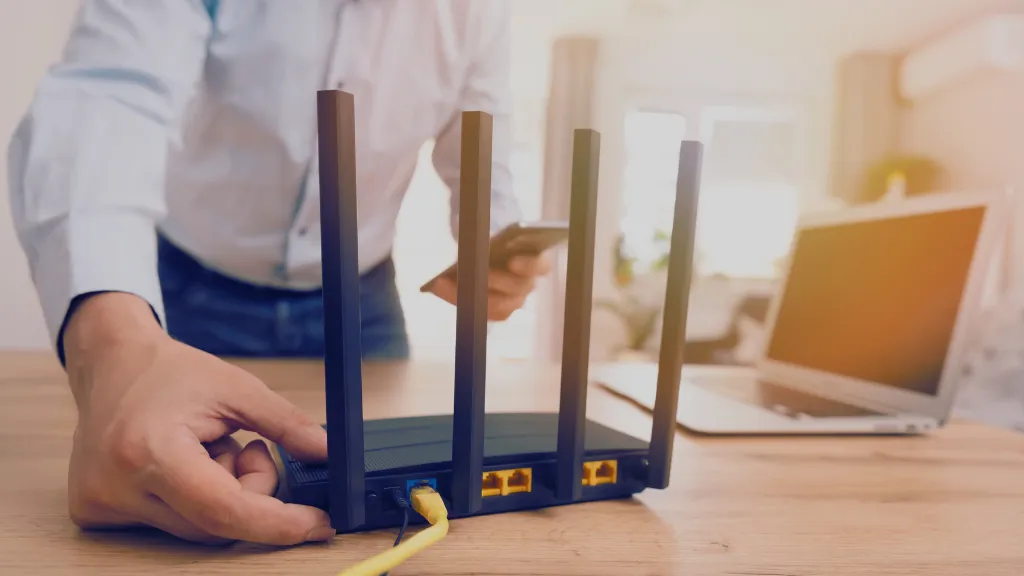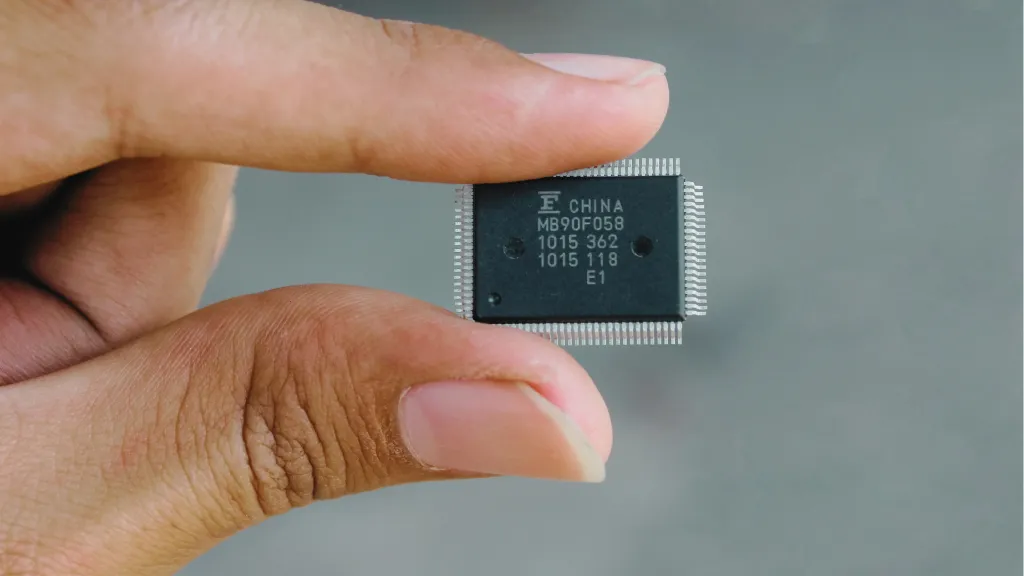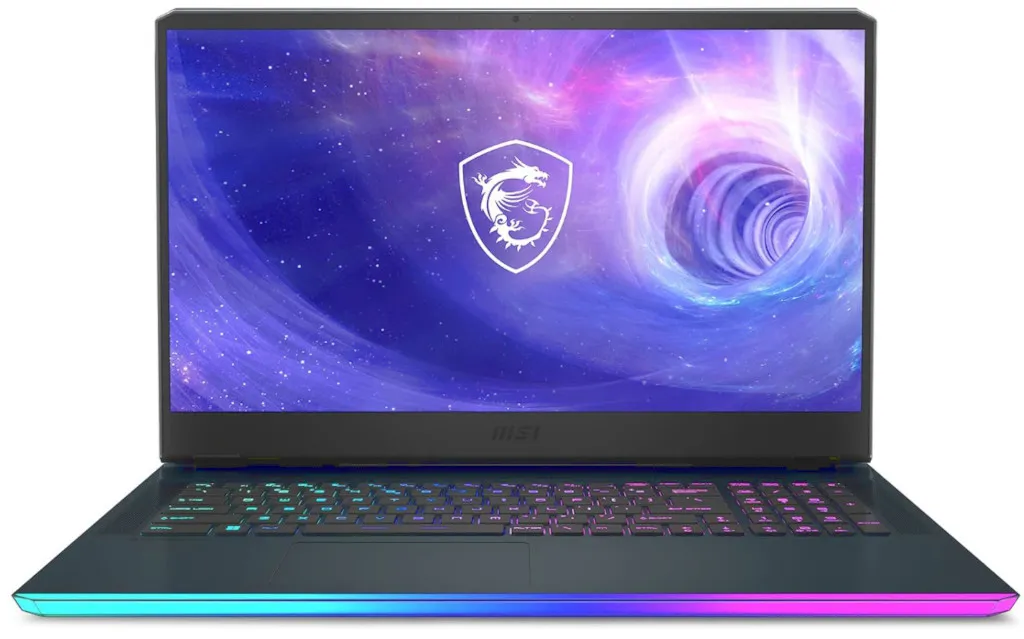It is very frustrating when your computer randomly shuts down. It can be difficult to diagnose the problem, but if you are experiencing these symptoms it may be time to call a professional for help.
This blog post will discuss 13 ways that you can fix your computer’s random shutdown issue.
1. Overheating CPU
A computer that overheats can shut down on its own. It can be difficult to know if your computer is overheating, but you’ll notice the tell-tale signs of it shutting down more often. If you see your CPU fans spinning up all the time, or if the cooling vents are blowing hot air instead of cold air, you may have an issue with overheating.
If your CPU is overheating then it might shut down unexpectedly in an attempt to keep itself from malfunctioning due to excessive heat. The best way to fix this is by using your computer’s fan and heat sink.
If you don’t know how to use these, then consider taking them in for repairs so a professional can handle the job.
To fix this problem, make sure any dust has been removed from the vents and fans – this will help cool things down. Close any applications that are causing your computer to work hard and reboot your machine for good measure.
If the computer is shutting off when it gets too hot, you will need to let it cool down. Sometimes, just waiting for a few hours can help.
2. Overheating GPU
Similarly, if your graphics card (GPU) is overheating then it might shut down in an attempt to prevent damage. A GPU can also shut down if it is not receiving enough power from your computer’s motherboard.
One way to fix this is by ensuring the fan on your graphics card isn’t clogged and that there is adequate airflow in and out of your case/tower.
3. Overheating PSU
If you suspect an issue with your Power Supply Unit (PSU), then you might want to turn off your computer and unplug it. Turn the PSU upside down so that all of its fans are facing upward, allowing them to breathe properly.
If this does not fix the issue with your power supply, consider taking it in for repairs/replacement.
4. Overheating Motherboard
A motherboard can also cause your computer to shut down if it is overheating. This occurs when the motherboard’s BIOS begins to malfunction due to excess heat, which then causes random restarts and shutdowns.
If this happens, consider turning off your computer and unplugging all of its cables except for the power cable (leave that plugged in). Turn your motherboard over so that the fans are facing up, allowing them to breathe.
If this does not solve your issue with your motherboard, consider taking it in for repairs/replacement.
5. Check for Dust
The first thing you want to do is make sure your computer doesn’t have any dust build-up. Dust can decrease the airflow inside of your computer which will cause it to overheat. A dirty cooling vent on the back of your computer case can also cause it to overheat and shut down at random.
You should blow out any dust that has accumulated on the vents with a can of compressed air or use a vacuum cleaner to suck it out.
Fans should be able to keep the inside of the machine free from dust, but if your machine is acting up because of dirt, then this might be a good solution for you.
Make sure that you take the cover off completely before using compressed air or vacuum cleaners on it.
6. Check the Hard Drive
Another problem that causes random shutdowns is the hard drive. Sometimes, you will need to do a full diagnostic test on your hard drive. This can be done by accessing an option in the computer’s BIOS settings that allows you to run this type of test without shutting down or booting up Windows first.
7. Update Drivers and BIOS
Drivers are designed to keep your system running smoothly and efficiently. If you’re experiencing random shutdowns, it would be wise to make sure that the drivers are up-to-date. Updating your BIOS can also be a quick fix for random shutdown problems.
To update your BIOS, simply boot into safe mode and run software designed to keep track of updates from Asus, Dell, HP, or other manufacturers who have you covered on this front.
When it comes to updating drivers, you can check your manufacturer’s website or use a third-party driver updater program.
8. Check for Malware
Malware is a type of malicious software that can affect your computer, including its operating system (OS). There are different types of malware, and it’s important to make sure you have the latest antivirus protection in place on your OS.
When you do get malware on your OS, it can be hard to fix any other issues if the malware corrupts certain files.
The next time your computer randomly shuts down, try running an antivirus scan on the OS to see if there are any problems.
9. Check for Antivirus Issues
An antivirus program may have updated and now is causing your computer to shut down. In the future, make sure you disable any automatic updates of antivirus software – this can help prevent a conflict with other programs on your machine from occurring in the first place.
In order to fix an issue where an antivirus program is shutting down randomly, check for compatibility issues between it and the other programs you’re running. Some antivirus software is more compatible than others so it’s important to check before buying a new one.
10. Close All Unnecessary Programs
Sometimes running too many programs simultaneously can cause your computer to shut down on its own due to a lack of processing power or memory space. Closing any unnecessary programs will free up some of your computer’s resources which might help fix the problem.
11. Defragment Your Hard Drive
The more fragmented your hard drive, the slower it will run. To ensure that you are running at optimal speed make sure to defragment your hard drive every once in a while.
12. Replace the Power Cord
Replace the power cord because a faulty power cord can cause random shutdowns. You can also switch the power cord to another known working outlet.
13. Check Power Settings
Ensure that you haven’t accidentally changed your power settings so that your computer turns off when inactive for an extended period of time. This is often done in advanced power management settings and can lead to major problems with your PC, such as random shutdowns.
Low power settings can cause the system to spontaneously shut down when it has been inactive for a while.
Conclusion
If you are experiencing random shutdowns on your computer, the cause could be any number of things mentioned above. This blog post has detailed 13 possible reasons that can lead to this issue and offer some solutions for each one.
These solutions are easy enough for any user to try with little-to-no experience fixing computers themselves. You’ll be back up in no time!
Which solution did you try first? What other solutions have worked for you? Share your thoughts by commenting below!






